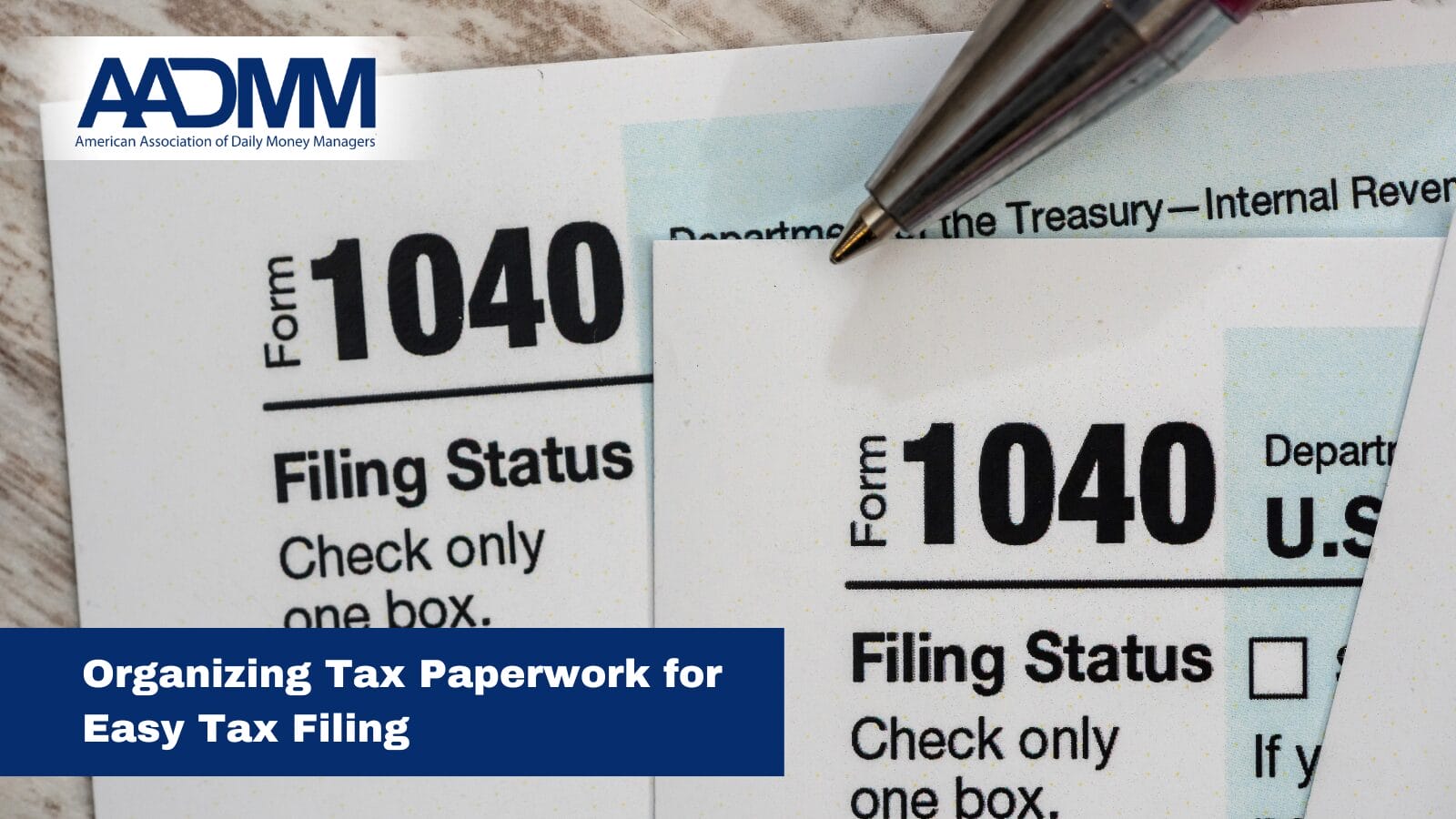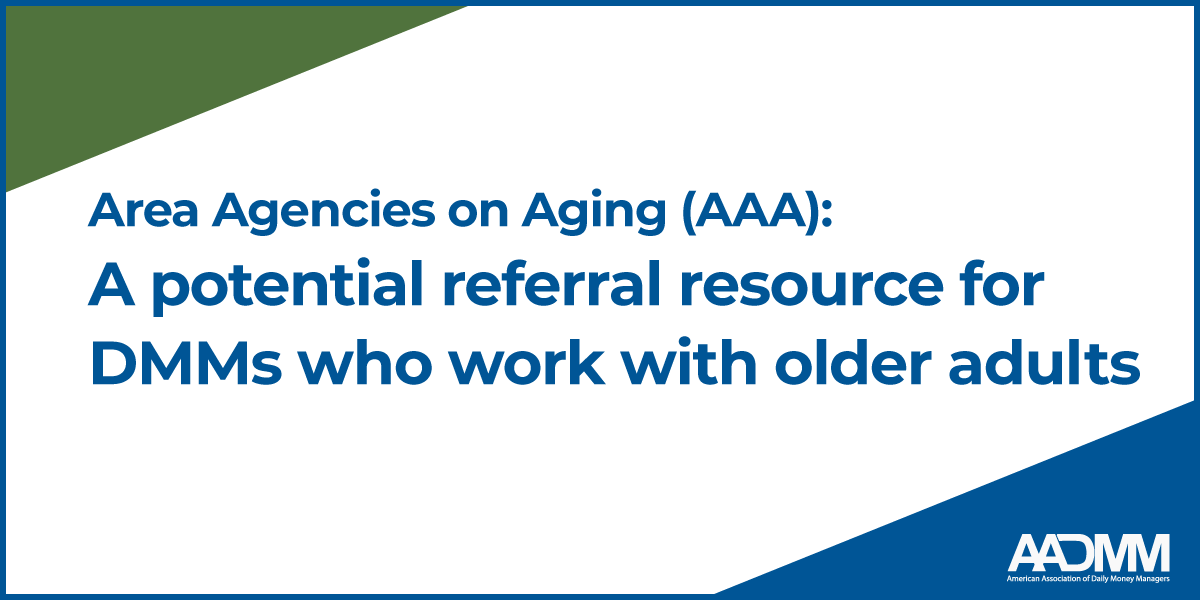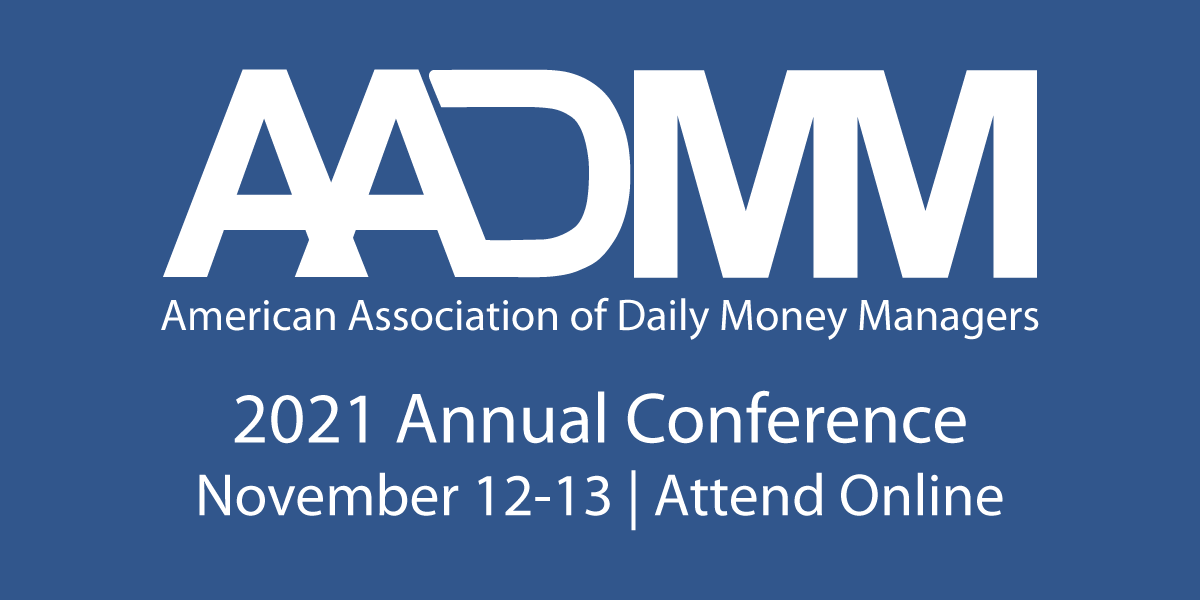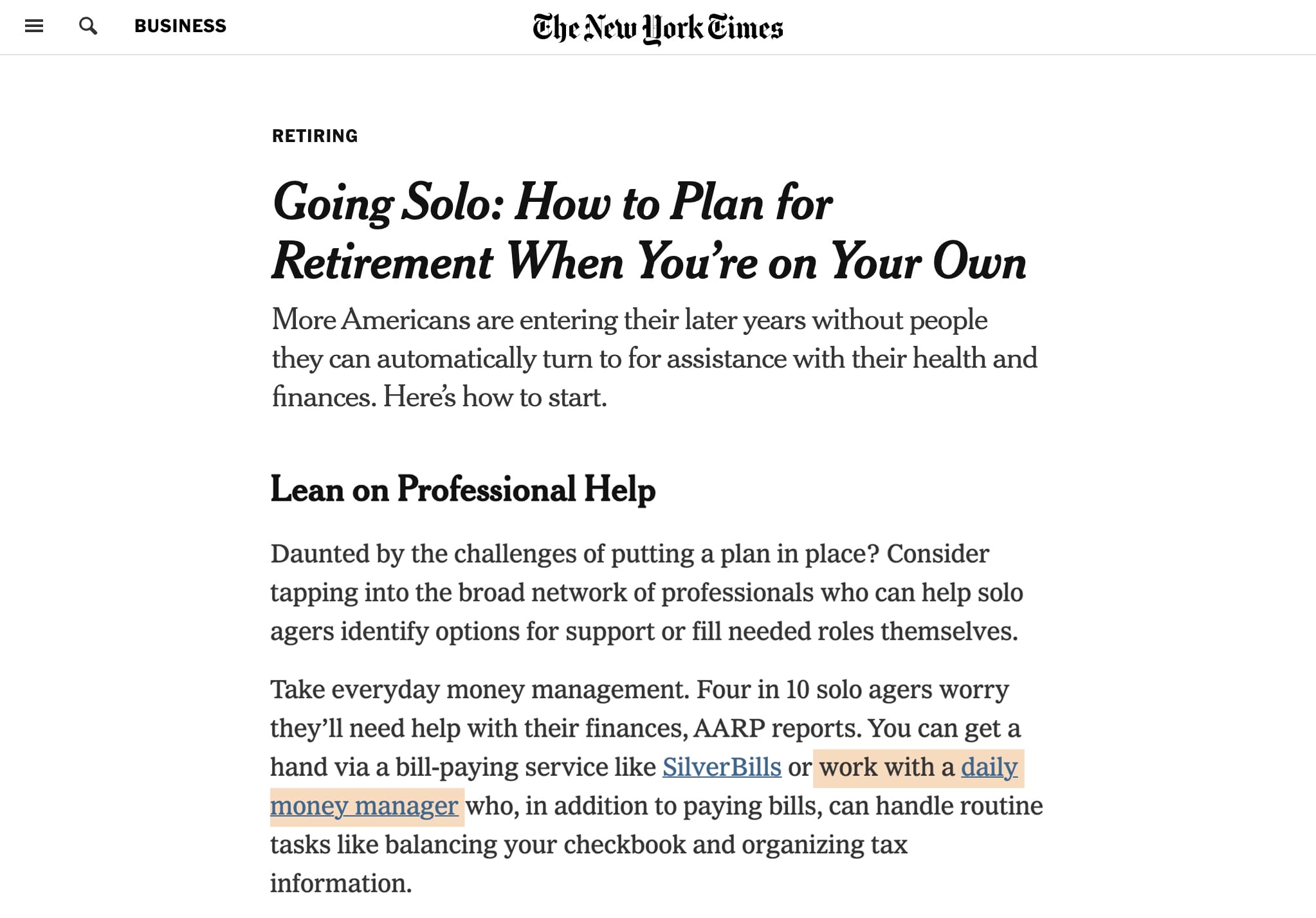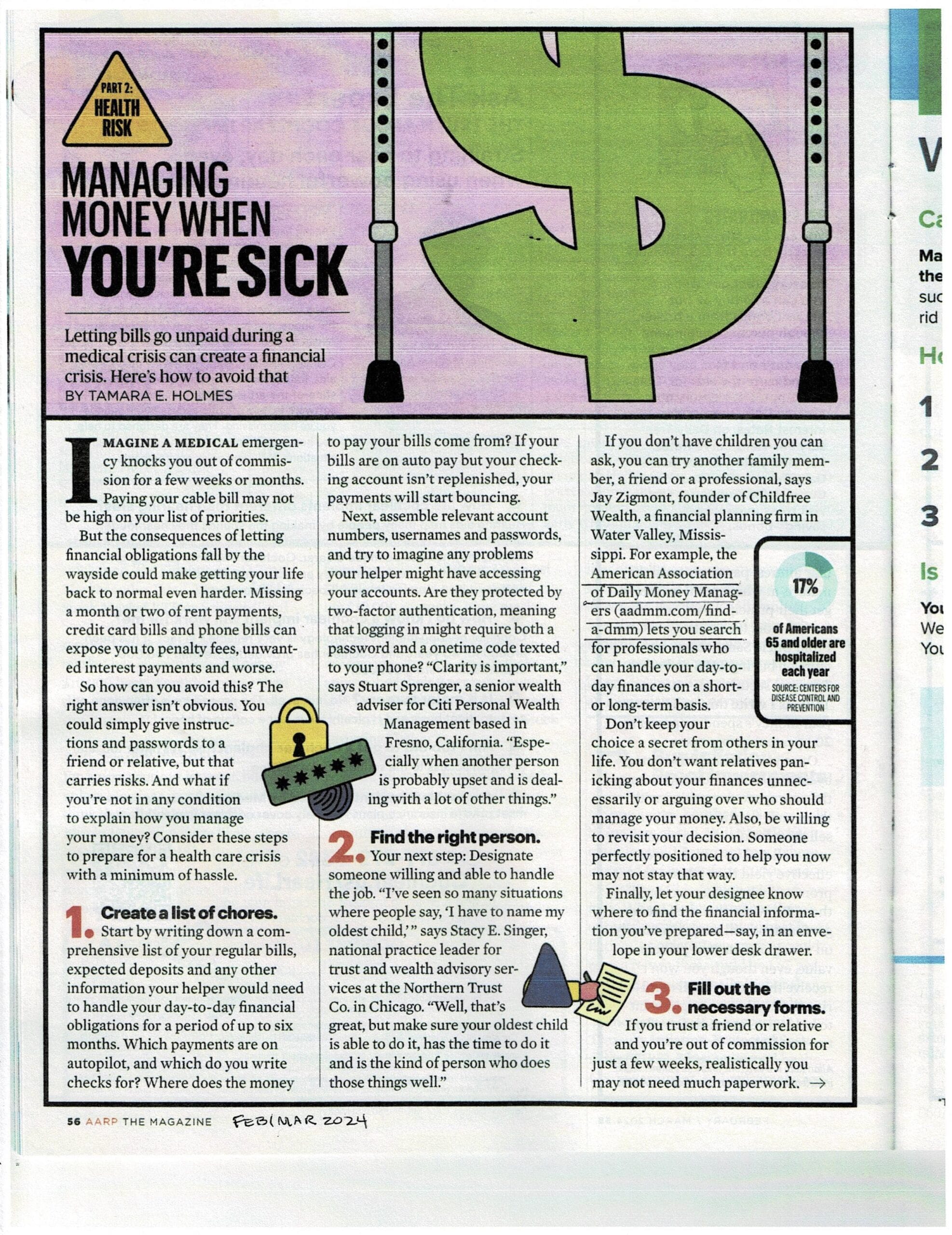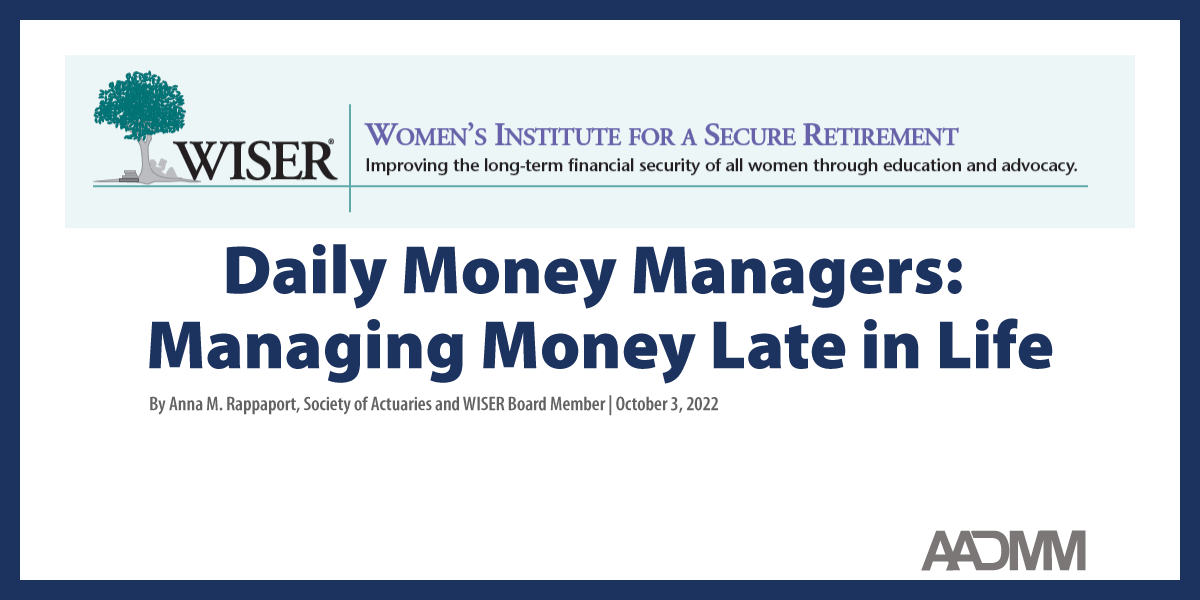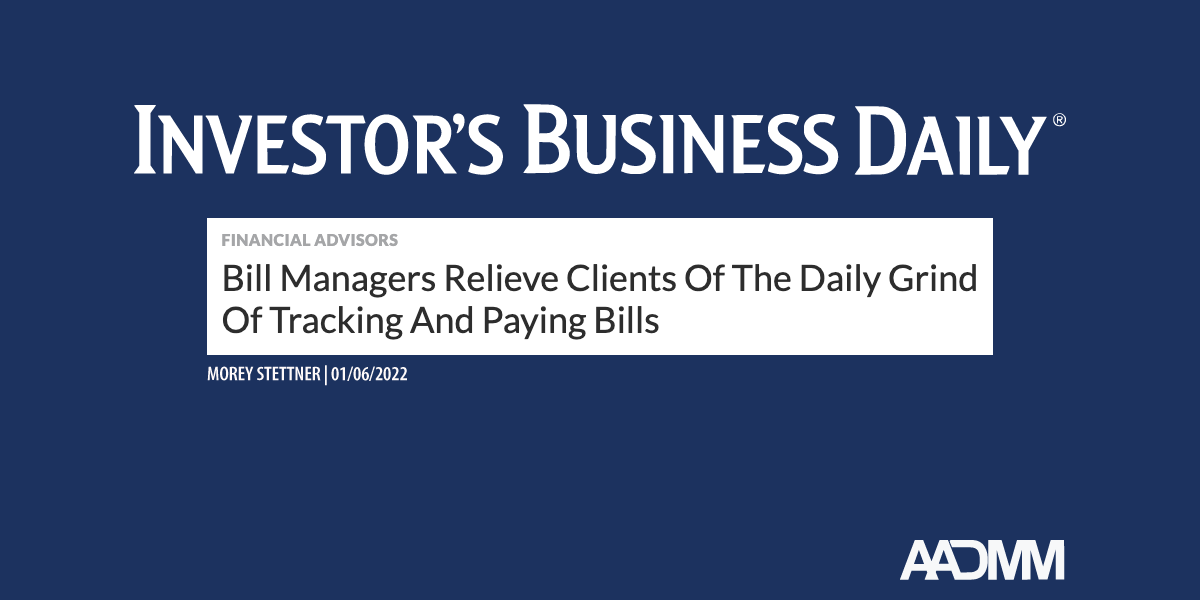
There’s a chance you are a financial hoarder and you may not know it! What causes this? Let’s tackle the issue!
You may wonder what a “Financial Hoarder” is. With all of the media attention that has been given to the hoarding of physical objects, there has been little attention given to people whose focus is money. I was recently asked to present on the topic. It is not a term we had heard before, but it easily describes many of our clients over the years.
To hoard is to amass something of personal value, to hide or store away; it has multiple causes and varies in severity, but how do you know if you, or someone you know, is a Financial Hoarder?
Do you have hidden (or not so hidden) in your home:
- Stock Certificates?
- Bonds?
- Certificates of Deposit that have expired?
- Stashes of Cash?
- Piles of Checks to be Deposited?
Do you have a large number of:
- Bank accounts at a variety of banks?
- Several Checking accounts?
- Several Savings accounts?
- Credit Cards (including ones to get travel points & store discounts)?
- Investments with multiple firms?
- Certificates of Deposit at different banks?
Are you overwhelmed by papers made up largely of:
- Bank statements?
- Investment reports?
- Medical bills & insurance statements?
- Credit card bills?
- Household bills?
- Solicitations from charities?
If so, you may be dealing with financial hoarding.
What are the causes of financial hoarding?
The primary source of financial hoarding may be fear. Dealing with finances can be anxiety provoking for many people. However, how financial hoarders interact with money is often defined by some very specific fears:
- Fear of bank crash
- Fear of not being able to get to a bank to get cash
- Fear of having “all eggs in one basket” resulting in
- Multiple accounts
- Multiple brokers
- Multiple types of investment vehicles
- Fear of stockbrokers “churning” stocks for commissions
- Fear of automated banking
- Direct deposit
- Auto-pay
Is the hoarding a psychological disease that requires the combined support of a therapist and a professional organizer who specializes in hoarding?
Or is the hoarding more recent and situational, perhaps in response to a sudden illness, the death of a spouse, or the degeneration of eyesight, motor skills, or executive function?
In either situation, you may have developed or be developing habits that are ineffective, if not counterproductive, and may find the assistance of a Daily Money Manager beneficial in unraveling the excess of financial information — as well as setting healthy financial goals.
—————
Rebecca Eddy, MBA, CDMM, is a co-founder and partner of Eddy & Schein Group in New York. A version of this blog post first appeared on the Eddy & Schein Group blog.






